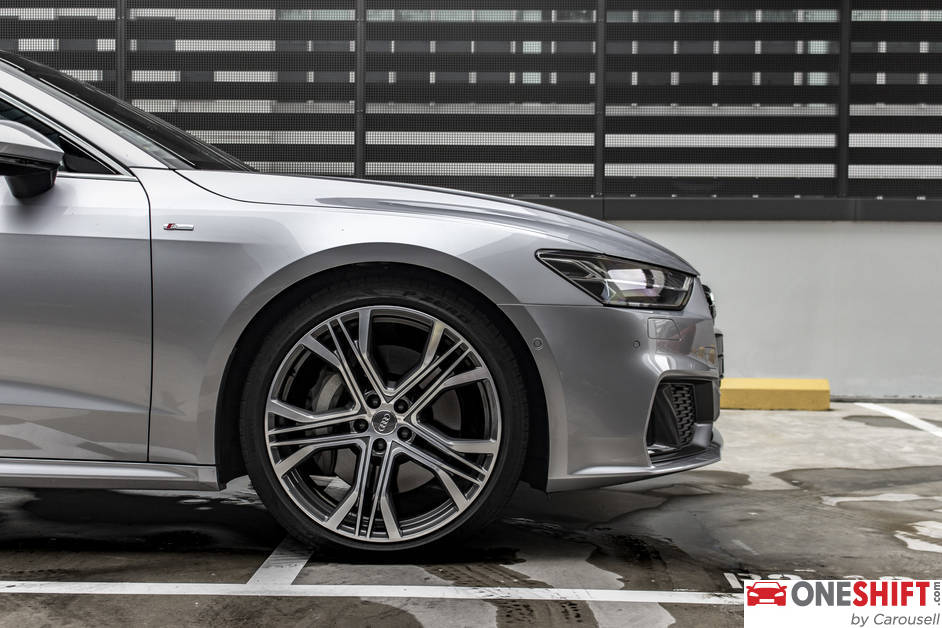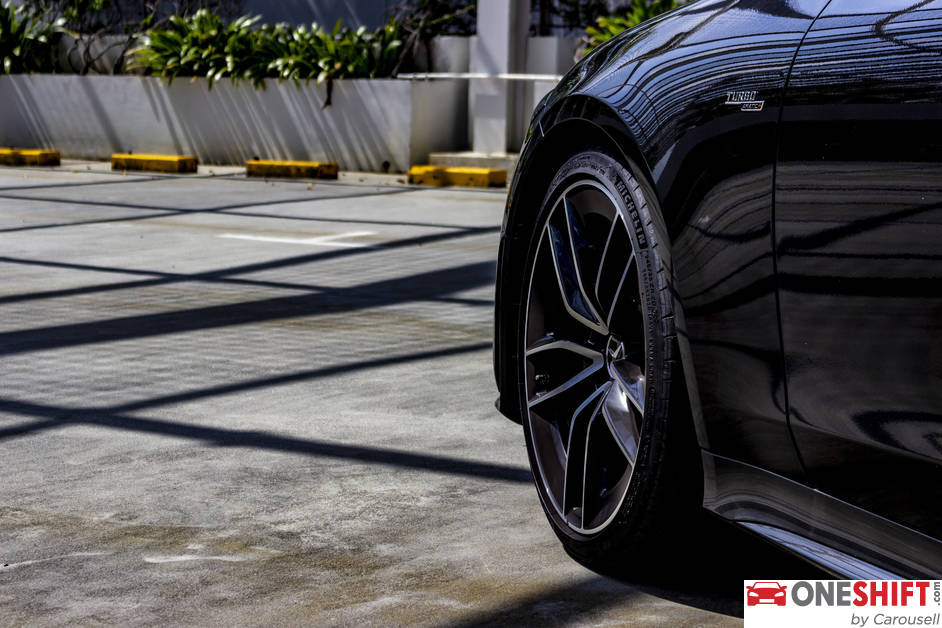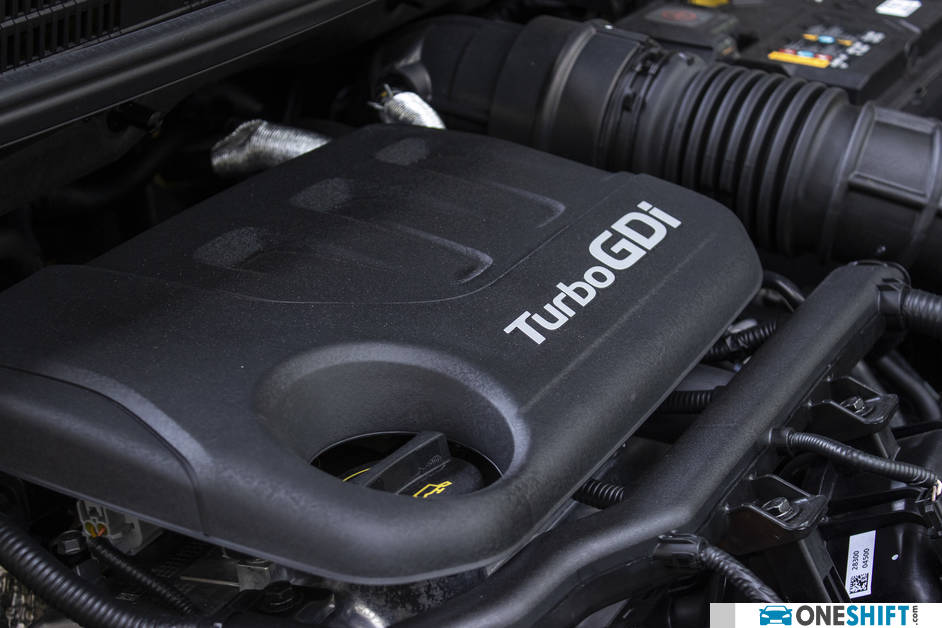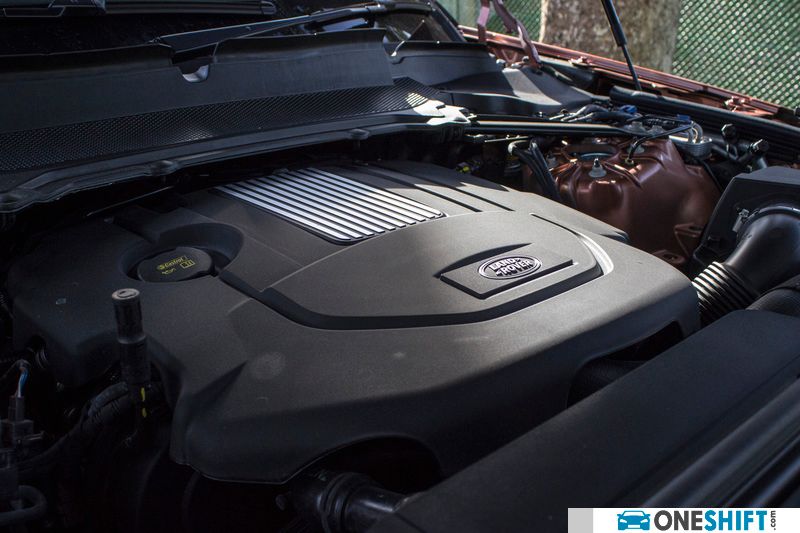3 Weird But Normal Sounds Your Car Makes
Think about when you first got your license. As you drove around carefully in probably dad’s car, scared half to death that suddenly nobody is guiding you, you were oblivious to everything else apart from not hitting anyone or anything. But this soon fades away as you become seasoned, and then you realise you notice things about the car that you never noticed before. Things like noises. Vibrations. Smells.

Think about when you first got your license.
As you drove around carefully in probably dad’s car, scared half to death that suddenly nobody is guiding you, you were oblivious to everything else apart from not hitting anyone or anything.
But this soon fades away as you become seasoned, and then you realise you notice things about the car that you never noticed before.
Things like noises. Vibrations. Smells.
So let’s go over some things that still surprise seasoned car drivers.
We have it on good authority from various Sales Consultants on this.
You’d be surprised how many people are alarmed when they hear a loud snapping noise when moving off in the morning, especially if it rained the night before or if the car was washed and parked immediately after without much driving.

As brake pads and discs contain iron compounds, rust inevitably forms when they come into contact with water.
Without drying the brakes sufficiently, water is trapped in the brake components and causes surface rust.
This in turn forms a thin, sticky layer between the pads and discs, which results in a snapping noise when the wheels turn the next time.
It’s in fact not usual to hear this sound especially for cars parked out in the open frequently where they are exposed to the weather.
So don’t worry the next time you hear this noise after a car wash or rain, it’s perfectly normal and nothing at all to worry about.
Staying on the topic of brakes, another common noise complaint with many workshops is a high-pitched noise during brake application.
What’s happening?
Well, for the most part, it’s simple physics really.
When the pads squeeze against the disc, heat and sound is produced as kinetic energy is converted into these other two forms to slow your car down.
Our primary school teacher would be proud of the explanation above.

But yes, it really is as simple as that.
Why do some cars squeal louder than others?
It comes down to the pad compound usually. Different compounds will create different stopping feel and power, and as a byproduct, different sounds as well.
There is no real fix for this, except to change the pads to something aftermarket especially if the stock pads are the squealy ones.
But rest assured that it’s just a minor annoyance rather than a problem with the brakes.
Of course, if you’re in doubt, get your car checked by a mechanic and they’ll tell you if it’s normal or not.
This is a common noise that is only getting more popular.
In fact, some people have even alluded to this noise as being a “diesel noise” but can be heard quite frequently on petrol cars these days.
What is this ticking noise?
It’s the sound of your fuel injectors operating.

Many petrol cars these days come with direct injection technology, which simply means that the fuel injectors squirt fuel directly into the engine cylinders rather than into the intake manifold.
This allows for more controlled and precise fuel use, which in turn gives the engine better efficiency.
Why then is this noise associated with diesel engines?
Because diesel engines operate on direct injection, where air is compressed quickly and greatly such that significant heat is generated. Fuel is then injected into the cylinder where it combusts and produces power.

This is partly why diesel engines have such high efficiencies compared to petrol engines.
So, when petrol engines took on this technology, the ticking sound can be heard too.
Credits:

- Convenient and Hassle-Free
- Consumer Protection
Transparent Process
With No Obligation


Get the Best Price for your used car
from 500+ dealers in 24 hours








